Epigenetics
Introduction
Epigenetics refers to changes in gene expression that do not involve alterations to the underlying DNA sequence. It is a complex field of study that explores the molecular mechanisms and genetic modifications that influence cellular phenotype. Epigenetic changes are a regular and natural occurrence but can also be influenced by several factors including age, environment, lifestyle, and disease state1(https://www.ncbi.nlm.nih.gov/pmc/articles/PMC1392256/).
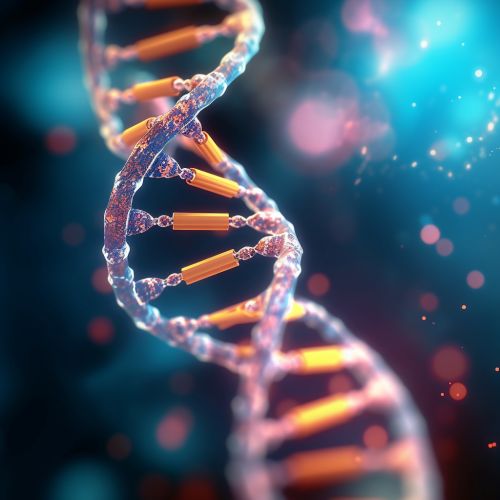
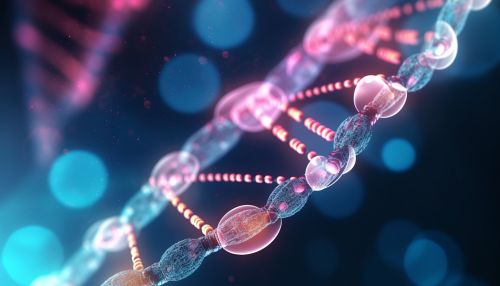
History of Epigenetics
The term "epigenetics" was first coined by Conrad Hal Waddington in 1942 to describe the interactions of genes with their environment, which bring the phenotype into being2(https://www.ncbi.nlm.nih.gov/pmc/articles/PMC1392256/). The modern study of epigenetics involves the examination of the chemical modification of specific genes or gene-associated proteins of an organism.
Mechanisms of Epigenetic Regulation
Epigenetic regulation is primarily achieved through three mechanisms: DNA methylation, histone modification, and non-coding RNA molecules.
DNA Methylation
DNA methylation is a process by which methyl groups are added to the DNA molecule. It is a crucial part of normal organismal development and cellular differentiation in higher organisms. DNA methylation represses gene expression by inhibiting the binding of transcription factors and other proteins required for transcription3(https://www.ncbi.nlm.nih.gov/pmc/articles/PMC1392256/).
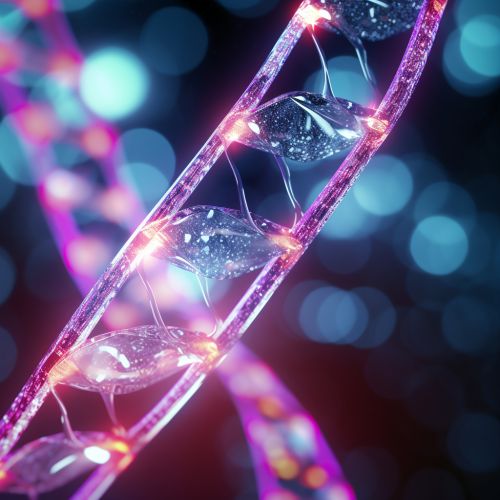
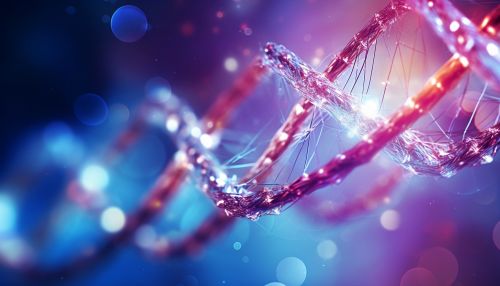
Histone Modification
Histone modification is another key mechanism of epigenetic regulation. Histones are proteins that help package DNA into a compact, efficient form. They can be modified by the addition of various types of molecules, including acetyl, phosphate, and methyl groups. These modifications can either enhance or repress gene expression4(https://www.ncbi.nlm.nih.gov/pmc/articles/PMC1392256/).
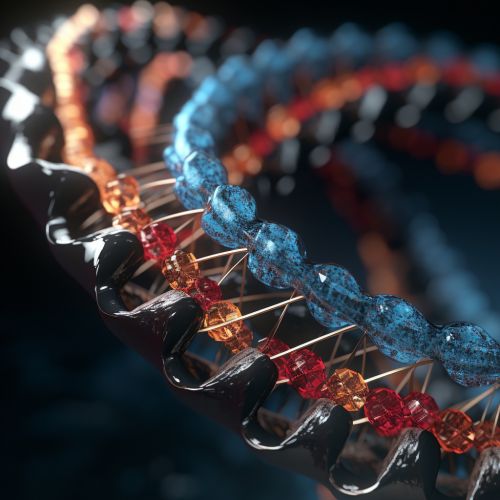
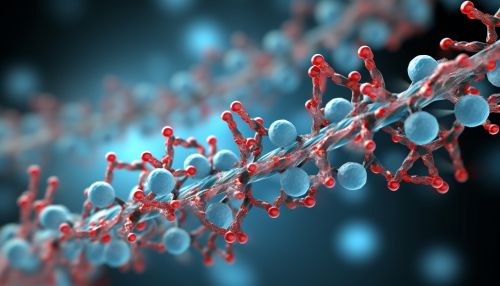
Non-coding RNA Molecules
Non-coding RNA molecules, particularly microRNAs and long non-coding RNAs, also play a crucial role in epigenetic regulation. They can guide the DNA methylation machinery to specific DNA sequences, recruit histone-modifying enzymes to the promoters of specific genes, or interfere with the transcription machinery5(https://www.ncbi.nlm.nih.gov/pmc/articles/PMC1392256/).
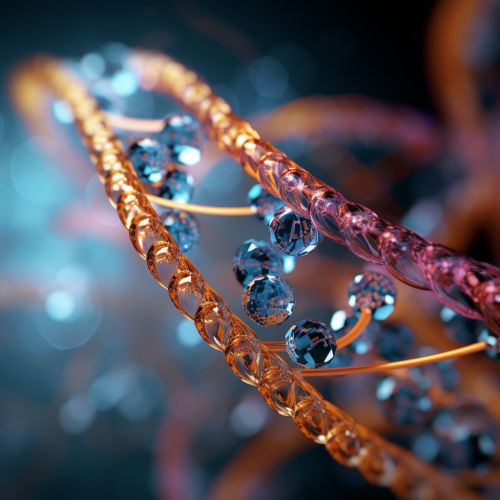
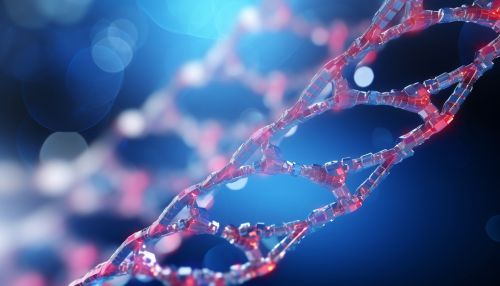
Epigenetics and Disease
Epigenetic changes can lead to abnormal gene function and malignant cellular transformation. Global hypomethylation or hypermethylation in gene promoter regions can lead to the activation of oncogenes or the silencing of tumor suppressor genes, respectively. Both are common occurrences in cancer. Epigenetic changes are also implicated in several other diseases, including autoimmune diseases, neurological disorders, and cardiovascular diseases6(https://www.ncbi.nlm.nih.gov/pmc/articles/PMC1392256/).
Epigenetics and Environment
Environmental factors such as diet, stress, prenatal nutrition, toxins, and physical activity can have lasting effects on the epigenome. These environmental "epigenetic signatures" can even be passed from one generation to the next, a phenomenon known as transgenerational epigenetic inheritance7(https://www.ncbi.nlm.nih.gov/pmc/articles/PMC1392256/).


Epigenetic Therapies
Epigenetic therapies are a new class of therapies that are being developed to reverse pathological epigenetic changes. They include DNA methyltransferase inhibitors and histone deacetylase inhibitors. These therapies are showing promise in the treatment of cancer and other diseases8(https://www.ncbi.nlm.nih.gov/pmc/articles/PMC1392256/).
Future Directions
The field of epigenetics is rapidly evolving, with new discoveries and technologies continually expanding our understanding of how genes are regulated. Future research directions include the development of more effective epigenetic therapies, the exploration of the role of epigenetics in aging, and the investigation of the potential of epigenetic modifications to predict disease risk9(https://www.ncbi.nlm.nih.gov/pmc/articles/PMC1392256/).
See Also
References
1. "Epigenetics: The Science of Change" 2. "The Epigenotype" 3. "DNA Methylation and Epigenetic Inheritance" 4. "Histone Modifications and Epigenetic Regulation" 5. "Non-coding RNAs and Epigenetic Regulation" 6. "Epigenetics and Disease" 7. "Epigenetics and Environment" 8. "Epigenetic Therapies" 9. "Future Directions in Epigenetics"
